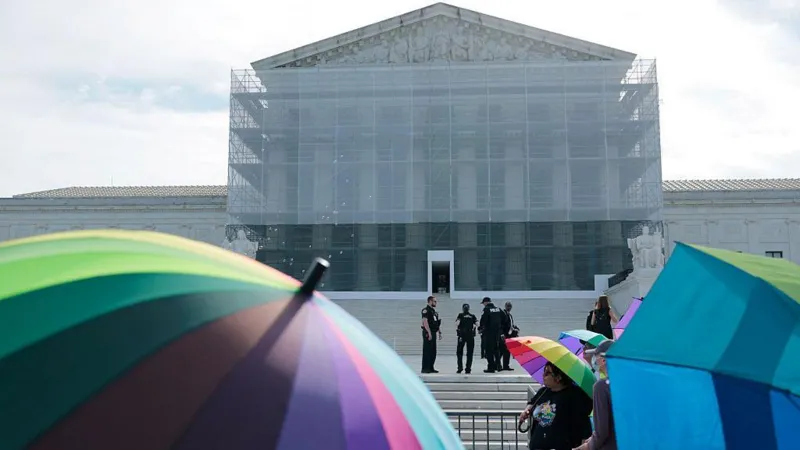Bill Gates, the co-chair of the Bill and Melinda Gates Foundation, has opined that tax collection in Nigeria is low.
Gates spoke on Tuesday, September 4, at the Nutrivision 2024, a pan-African youth dialogue on nutrition in Nigeria’s capital city, Abuja.
While answering a question on financing mechanisms the Federal Government of Nigeria could adopt for funding large-scale public health interventions, Gate explained low tax collection poses challenges to financing critical sectors like health and education.
He added Nigeria has the prospect of becoming a net exporter of food given the vast land and soil type in the country.
The billionaire philanthropist said: “In agriculture, Nigeria, today, is a net food importer given the geography, if the right credit facilities and advice to farmers, soil surveys, (and other) things are available, there’s the opportunity for Nigeria to more than double its food output which would be pretty transformative because it would mean that you’d be a net food exporter instead of having to use very scarce dollars particularly at the current exchange rate to go buy food, you’re bringing dollars in.
“Particularly, agricultural productivity is important for the incomes in the rural, more northern areas and so embracing digital approaches, better seeds to get this kind of an agricultural miracle to take place that’s going to help the country in terms of equity, in terms of women, and terms of these nutrition issues.
“The health piece will have to be a priority. Over time, there are plans for Nigeria to fund the government more than it does today. The actual tax collection in Nigeria is pretty low.”
Gates said citizens who want education and health can develop confidence in some public and private programmes.
He added: “Our foundations are involved with a lot of the examples, showing the way in terms of making sure the money is spent well, running a very efficient primary health care system where the employees are doing great work, the centres are where they should be, you don’t have under-loaded centres or overloaded centres.
“It’s exciting that we’re driving the credibility of those health programmes, and so the citizens will feel like yes primary health care is amongst the priorities that should be very funded as you get some fiscal flexibility.”













